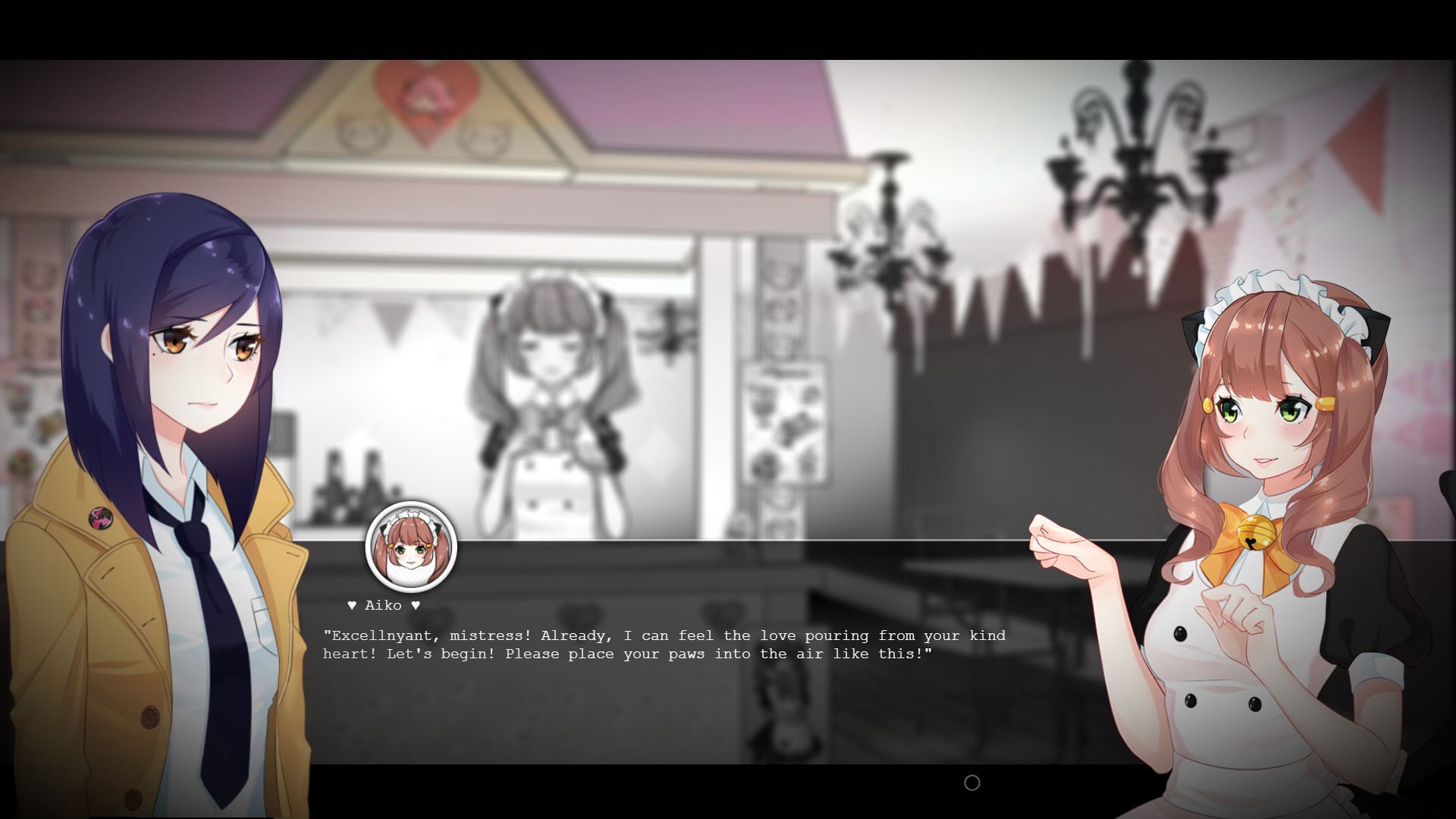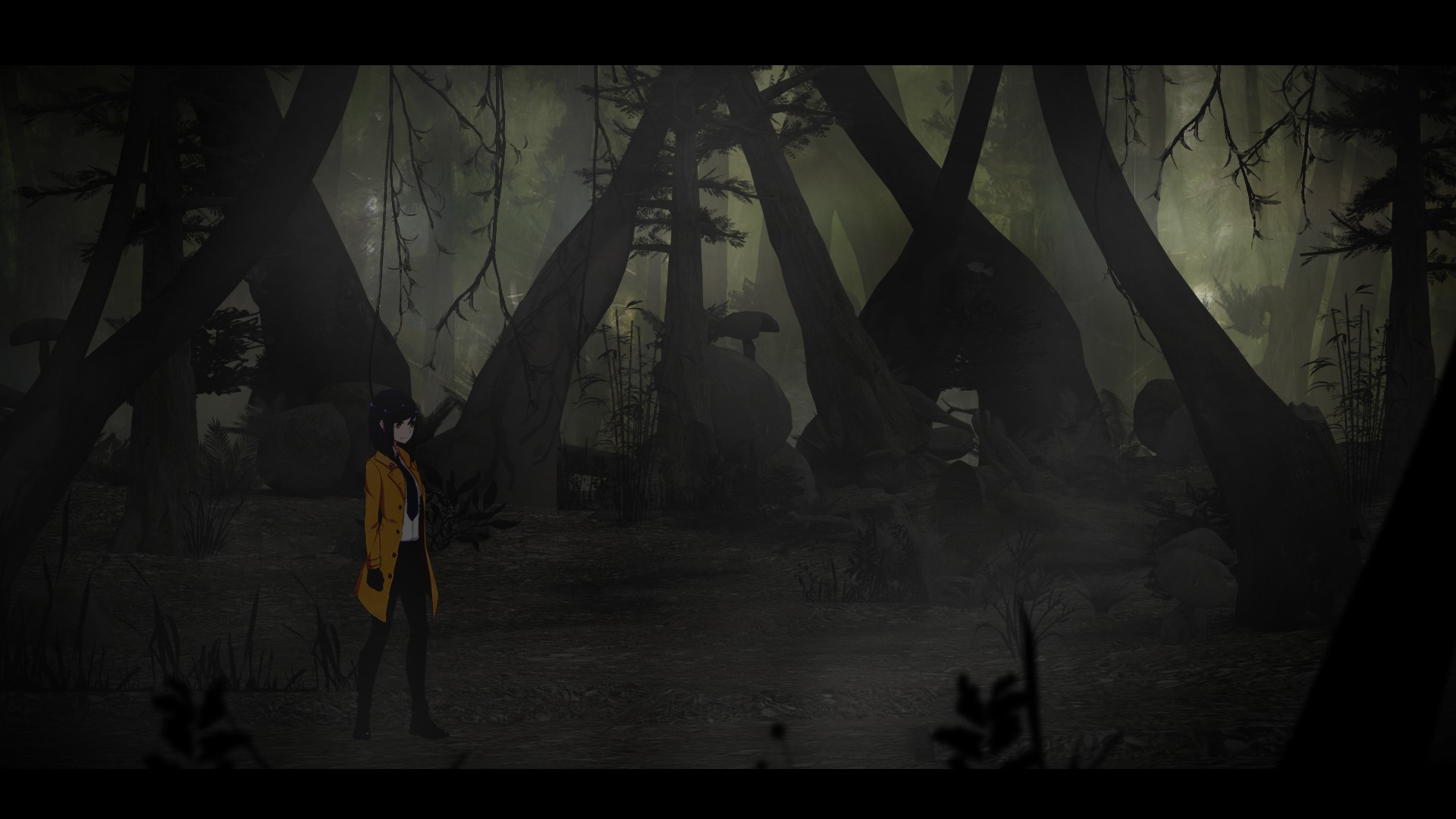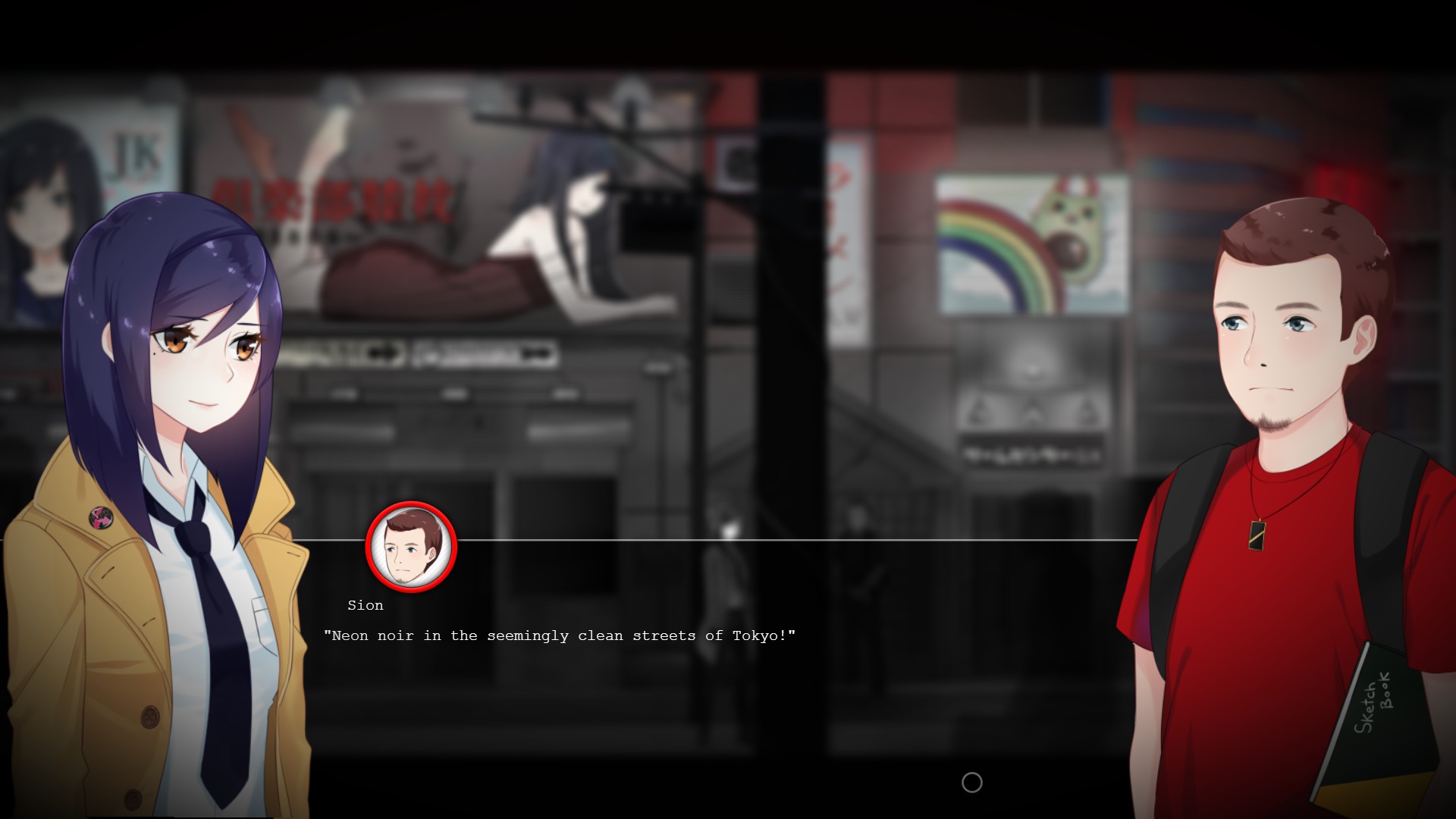Terror and tourism in Tokyo Dark
When you're not confronting a killer, Tokyo Dark lets you explore the city's friendlier side.
In Tokyo Dark, Detective Itō explores both the mysterious underworlds of the city and its lighter side, one that's just as unfamiliar to her even though she's a native: the tourist side of Tokyo. The search for her lost partner and the killer he was pursuing takes her to places whose names are familiar even to someone like me who has never been, like Shinjuku and Akihabara. These are the kind of places people back from holidays to Japan talk about, and talk about in ways that make them sound like they're where nerds might go when they die—if they fall in valiant combat.
There are probably places where you live you've never visited because they're a bit too tourist-y as well, places that might be famous but locals don't hang out at because they're overpriced, or tacky, or just kind of silly. But those places can be fun too. When Detective Itō needs to talk to witnesses who work in a maid cafe she gets dragged into their full routine before she can quiz them, holding her hands up like paws and reciting a chant and tasting a pancake shaped like a cat emoji.

Despite herself, she likes it. Later, there's a temple surrounded by falling cherry blossoms, a street stall that sells tasty octopus balls, a Golden Gai bar run by a super friendly bartender, and a cat at a cat cafe that creeps up and noses into the text box while you interview the owner. You talk to cosplayers and a kendo instructor and the owner of a manga store.
Tokyo Dark was designed by an international team, an indie studio called CherryMochi based in Japan who have a creative lead originally from England, and it feels like appealing to an international audience was their aim. Even when you visit places that aren't as nice, like a bar owned by the Yakuza, the suicide forest of Aokigahara, or a hostess club where a gross dude hits on you, it feels like a familiar Japan of the kind you might read about in a Lonely Planet guide, or if Bill Bryson ever wrote a book about it. It's Tokyo as seen by an interested outsider.

It's apt that the setting walks a fine line between being very Japanese while also recognizable to foreigners, because the structure of Tokyo Dark also merges two sets of influences. It's half Japanese visual novel, half western point-and-click adventure game, and that melding brings out the best in each. Visual novels can be too wordy for their own good, making you click-click-click through reams of text before you get to anything interactive, but Tokyo Dark is relatively concise (by the standards of the genre), because it's broken up by adventure game puzzles, exploration, and decisions.
Those parts are all pretty straightforward too—it's not the kind of adventure game where you find a blocked door and then spend hours tracking down the right combination of items and information to get past it. Because it has a story to tell and it's more interested in which ending you're aiming for, the puzzles are often simple to bypass, albeit in ways that make your Professionalism stat drop. When I found a literal locked door but realized I'd left behind the item I needed to pick it, I just pulled out my gun and shot the damn thing open. Classic adventure games that would instead have forced me to repeat a bunch of walking-and-talking, so that was pretty cathartic.

You also have options to get around characters. The witnesses and suspects you meet in places like Shinjuku and Akahibara won't always open up to you unless you find the right way to talk to them, or help them out with a problem. But you can just threaten them, roughing up NPCs until they tell you what you want to know if you're not in the mood for their sidequests, or their cat-shaped pancakes.
Keep up to date with the most important stories and the best deals, as picked by the PC Gamer team.
I was less inclined to take this option (well, except for with that one gross dude in the club) because of how cheerful the gaudy side of Tokyo is. The people there might be obstructive, but as Tokyo Dark veers into horror and madness—tangling you up in the story of a suicide cult, tormenting you with visions as your Sanity stat falls—those tacky distractions become a reprieve from the horror, and the light side of the city seems like a welcome relief. Even the maid cafe.

Jody's first computer was a Commodore 64, so he remembers having to use a code wheel to play Pool of Radiance. A former music journalist who interviewed everyone from Giorgio Moroder to Trent Reznor, Jody also co-hosted Australia's first radio show about videogames, Zed Games. He's written for Rock Paper Shotgun, The Big Issue, GamesRadar, Zam, Glixel, Five Out of Ten Magazine, and Playboy.com, whose cheques with the bunny logo made for fun conversations at the bank. Jody's first article for PC Gamer was about the audio of Alien Isolation, published in 2015, and since then he's written about why Silent Hill belongs on PC, why Recettear: An Item Shop's Tale is the best fantasy shopkeeper tycoon game, and how weird Lost Ark can get. Jody edited PC Gamer Indie from 2017 to 2018, and he eventually lived up to his promise to play every Warhammer videogame.

